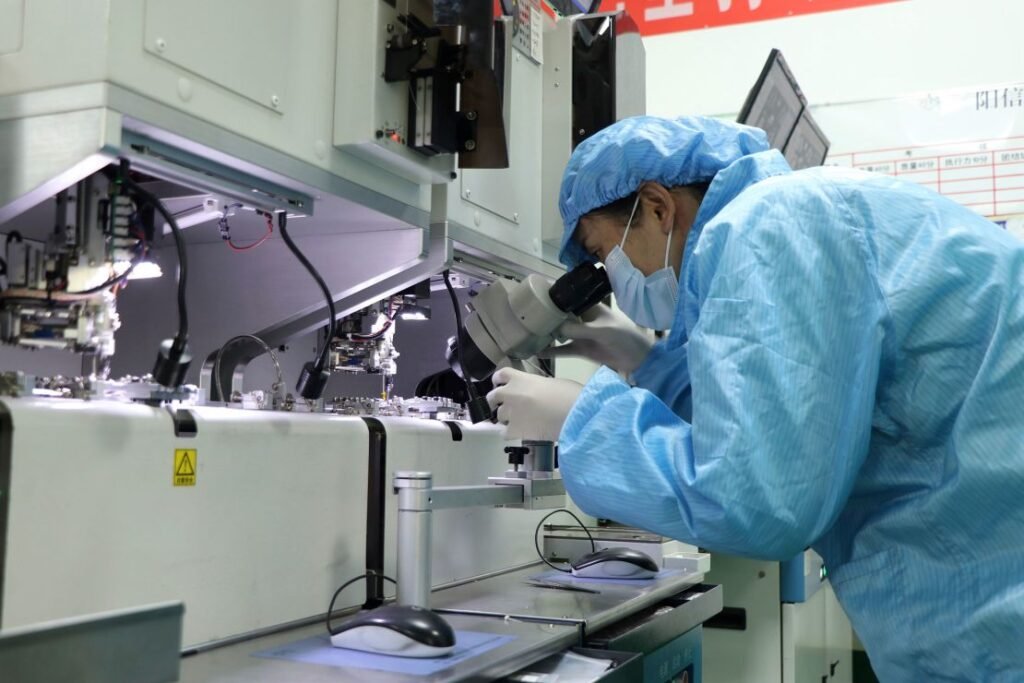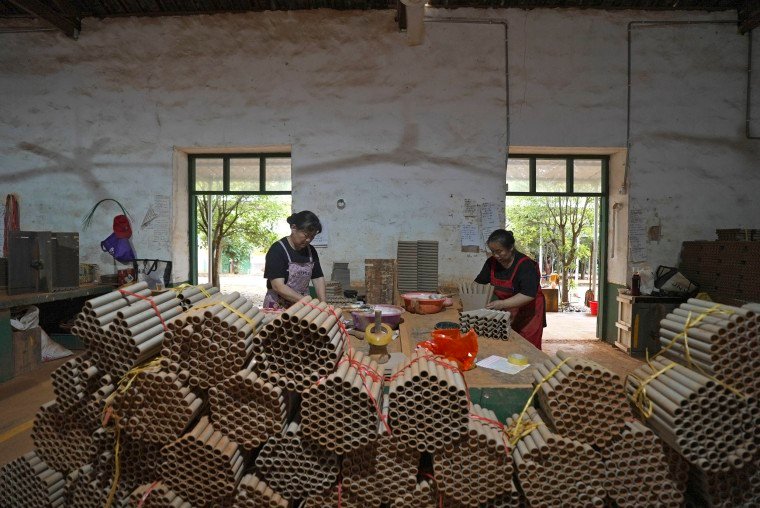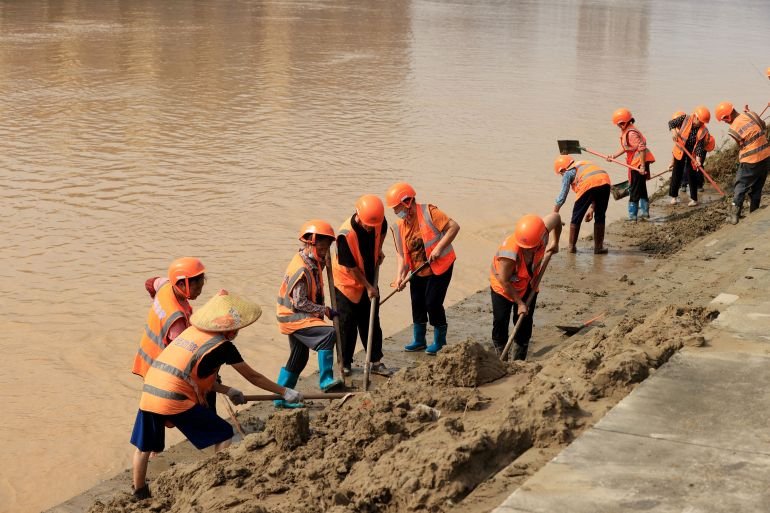The Dalai Lama said on Wednesday that the 600-year-old institution of spiritual head of Tibetan Buddhists will continue after his death and a trust created by him will be the sole authority to recognise his reincarnation, effectively shutting out any role for China in choosing his successor.

Speculation has swirled about the future of the institution since the Nobel laureate head of Tibetan Buddhism said in 2011 that he would decide on his 90th birthday – which falls on July 6 this year – whether the position should continue. His Wednesday announcement, which clarifies matters, came at a Tibetan religious conference in McLeodganj, near Dharamshala, that is part of a week of celebrations to mark his birthday.
The Dalai Lama outlined the process for choosing his successor in a pre-recorded video message and said his decision was influenced by numerous requests from Tibetan spiritual leaders, members of the Tibetan Parliament-in-exile, and the Buddhist diaspora in the Himalayas, Mongolia, the Russian Federation and Asia, including mainland China, that the institution should continue.
“In particular, I have received messages through various channels from Tibetans in Tibet making the same appeal. In accordance with all these requests, I am affirming that the institution of the Dalai Lama will continue,” he said, drawing cheers from more than 100 monks who gathered along with long-time supporters such as Hollywood star Richard Gere and journalists from across the world in a library in McLeodganj.
“I hereby reiterate that the Gaden Phodrang Trust has sole authority to recognise the future reincarnation; no one else has any such authority to interfere in this matter,” the Dalai Lama said, referring to a non-profit he founded in 2015 that oversees matters related to the spiritual leader and the institute of the Dalai Lama.
The remarks ruled out any role for China in recognising his reincarnation.
Hours later, an irate Beijing, which describes the Dalai Lama as a “separatist”, countered that the spiritual leader’s reincarnation “must be approved by the central (Chinese) government”.
Chinese foreign ministry spokeswoman Mao Ning told a regular news briefing, “The reincarnation of the Dalai Lama, the Panchen Lama and other great Buddhist figures must be chosen by drawing lots from a golden urn, and approved by the central government.”
“The Chinese government implements a policy of freedom of religious belief, but there are regulations on religious affairs and methods for managing the reincarnation of Tibetan living Buddhas,” she added.
The Communist Party of China has insisted that Chinese authorities will anoint the next Dalai Lama by pulling a name from a “golden urn”. The Chinese side claims this has been the way of choosing the successors of Tibetan Buddhist leaders since the 18th century, but this method has been dismissed outright by the Dalai Lama and his millions of followers.
Over the years, the Dalai Lama has said the institution of the Dalai Lama could be wound up, or that his successor could be a woman or someone born outside Tibet. He has also said it was possible there might be no successor at all.
Many observers believe there eventually will be rival Dalai Lamas — one appointed by Beijing, and one by senior monks loyal to the current Dalai Lama.
Born Lhamo Thondup, the leader became the 14th reincarnation of the Dalai Lama in 1940. He fled Tibet at 23 when Chinese troops crushed an uprising in the Tibetan capital Lhasa in 1959 and has been living in Dharamshala since 1960, helping establish a democratic government-in-exile while also travelling the world to advocate autonomy for the Tibetan people.
Tibetan Buddhists believe the Dalai Lama can choose the body into which he is reincarnated, as has happened on 14 occasions since the creation of the institution in 1587. He has reiterated in the past that his successor would be born outside China.
On Wednesday, the Dalai Lama recalled his remarks in 2011 about consulting the high Lamas of Tibetan Buddhism and the Tibetan public when he turned 90 to decide whether the institution of the Dalai Lama should continue.
Acknowledging that there were “no public discussions on this issue” over the past 14 years, he said leaders of Tibet’s spiritual traditions, members of the Tibetan Parliament-in-exile and the Central Tibetan Administration, non-governmental organisations, and the Buddhist diaspora in the Himalayan region, Mongolia, Buddhist republics of the Russian Federation and in Asia, “including mainland China”, had written to him “earnestly requesting that the institution of the Dalai Lama continue”.
He told the conference, being attended by representatives of all major Tibetan Buddhist traditions, that the process for recognising his reincarnation was clearly established in his statement of September 24, 2011, which said this responsibility “will rest exclusively with members of the Gaden Phodrang Trust”.
Members of the trust should consult heads of Tibetan Buddhist traditions and “reliable oath-bound Dharma Protectors” linked to the lineage of Dalai Lamas. “They should accordingly carry out the procedures of search and recognition in accordance with past tradition,” he said.
The spiritual leader was recognised as the 14th Dalai Lama at the age of two and renamed Tenzin Gyatso. Tibetan officials have said the process of recognising reincarnations of lamas in Tibetan Buddhism is strictly a Tibetan religious tradition, with no role for outsiders.
Penpa Tsering, the president of the government-in-exile, said Tibetans from around the world made “an earnest request with single-minded devotion” that the position of the Dalai Lama should continue “for the benefit of all sentient beings in general and Buddhist in particular.”
“In response to this overwhelming supplication, His Holiness has shown infinite compassion and finally agreed to accept our appeal on this special occasion of his 90th birthday,” he said at a press conference.
Tsering, however, warned China not to meddle in the process of the Dalai Lama’s succession, saying it is a “unique Tibetan Buddhist tradition.”
The search for a Dalai Lama’s reincarnation begins only upon the incumbent’s death. In the past, the successor has been identified by senior monastic disciples, based on spiritual signs and visions, and it can take several years after the next Dalai Lama is identified as a baby and groomed to take the reins.






![[News] U.S. Reportedly Lifts Export Curbs on EDA Software to China](https://koala-by.com/wp-content/uploads/2025/07/synopsys-logo-624x351.jpg)
